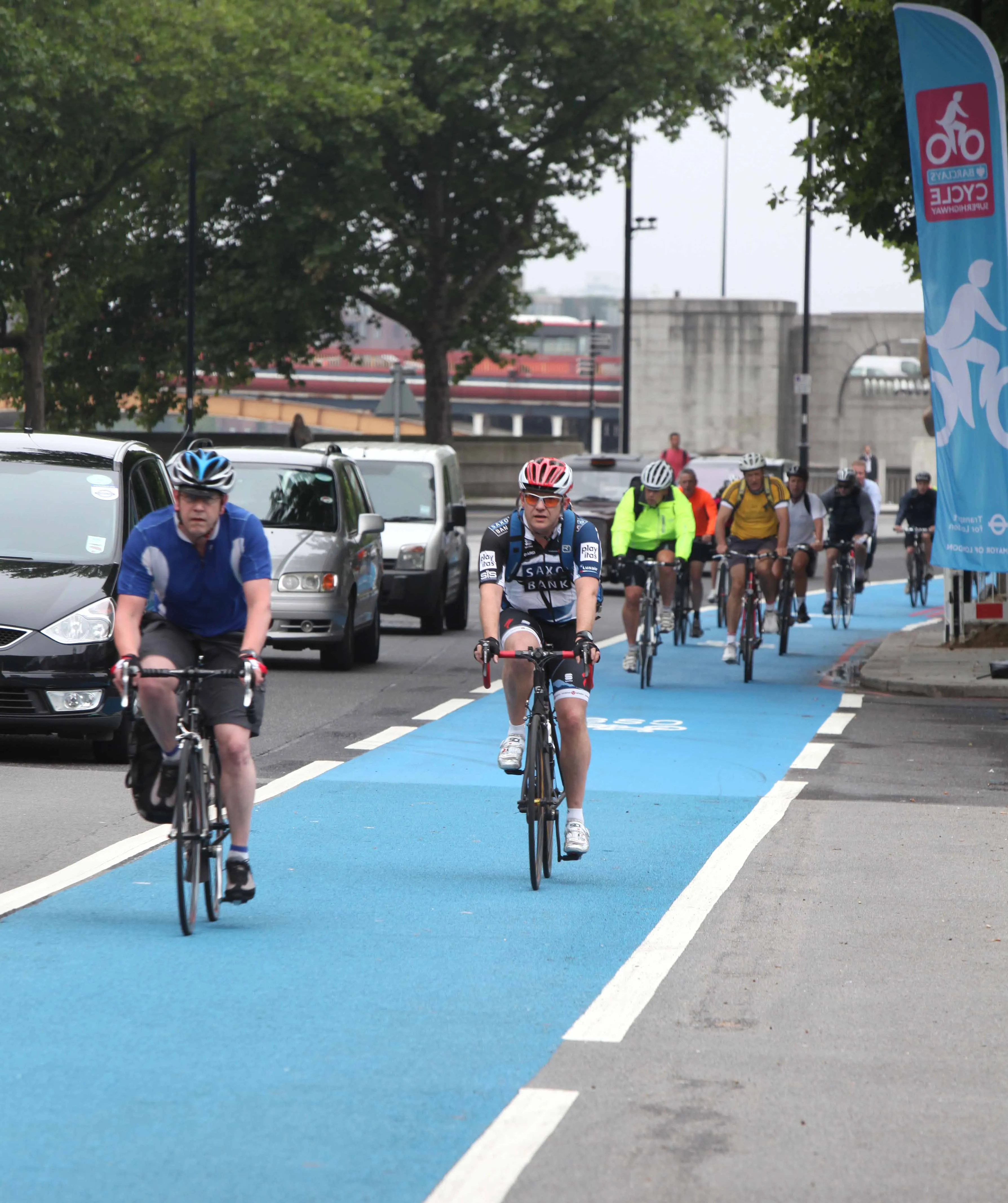The research shows that road safety education is provided to children in primary education all over Europe. However, it is not given to youngsters in secondary education in 20% of the 36 European states and regions studied. In addition, the research shows that traffic safety and mobility education is only sparsely addressed in secondary education in most of the states and regions where it is given.
Few states and regions have a legal minimum requirement for the amount of road safety education that should be given at secondary school. And only 50% of states and regions that do offer road safety education set educational goals for what should be taught.
The risk of a road death increases sharply after 13 years of age, as children start to travel independently. For youngsters aged 15-19, road collisions are the main external cause of death. However, it is not known how effective current road safety education practices are at reducing deaths and injuries due to a lack of wide-ranging studies on the issue.
To help tackle this issue, a new event is being run in Madrid providing a focus on traffic education in Europe. This is being coordinated by the European Transport Safety Council (ETSC), the Flemish Foundation for Traffic Knowledge (VSV) and Fundación MAPFRE. The report has been written in collaboration with more than 30 road safety education experts from across Europe.
The Leveraging Education to Advance Road safety Now! (LEARN!) project aims to promote traffic safety and mobility education across Europe. It will boost the international community of road safety education experts and establish best practice guidelines for the design, testing, implementation and evaluation of road safety education activities and programmes.
The project has a website (%$Linker:
Road safety education in the spotlight
Road safety education is severely lacking in much of Europe. That is the finding of research by the European Transport Safety Commission (ETSC). According to this new report, there are vast differences in the amount of road safety education given to children across Europe, particularly at secondary school level.
The research shows that road safety education is provided to children in primary education all over Europe. However, it is not given to youngsters in secondary education in 20% of the 36 European s
January 25, 2019
Read time: 2 mins
Road safety education is severely lacking in much of Europe. That is the finding of research by the European Transport Safety Commission (ETSC). According to this new report, there are vast differences in the amount of road safety education given to children across Europe, particularly at secondary school level.







